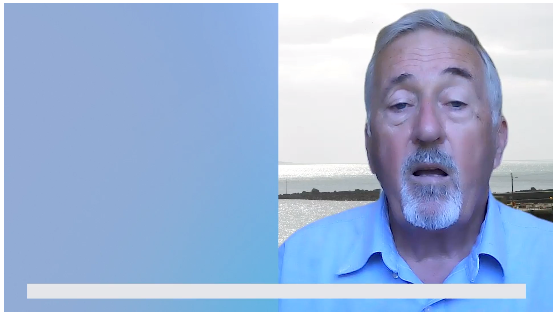We develop innovative digital solutions to diagnose patients earlier and boost adherence to treatment.
The My Health Partner website presents content that is tailored to people with hypertension, high cholesterol, diabetes, heart disease and heart failure. It serves as a single platform for patients, presenting information about several risk factors so as to improve their understanding of their health.








